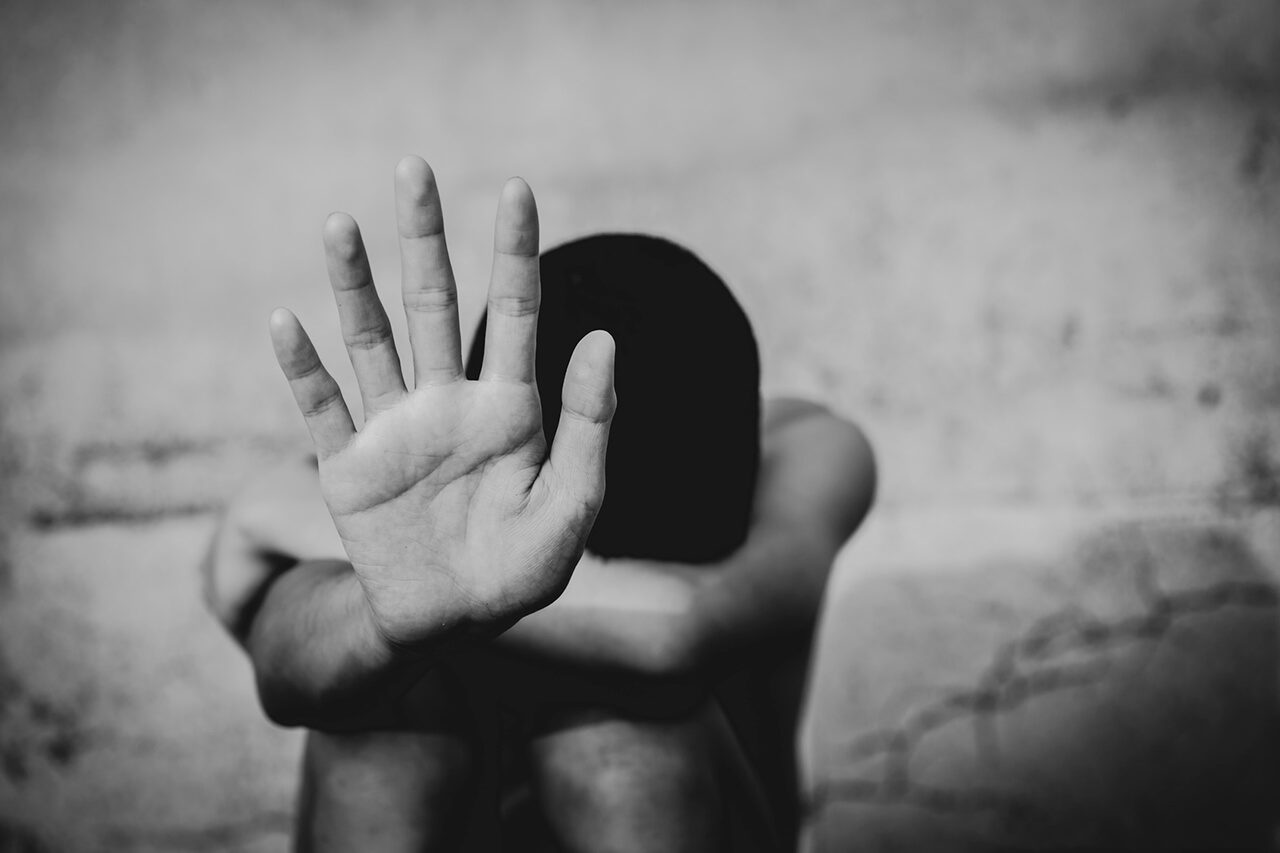Life is full of crisis such as unexpected tragedies, financial difficulties, death, natural disasters, divorce, abuse and neglect of children, etc. At some point, every family will deal with a crisis. No family is immune.

What Is A Crisis
According to the Merriam-Webster dictionary, a crisis is an emotionally significant event or radical change of status in a person’s life. Crisis can be acutely disrupting to the normalcy of a family’s dynamics, upsetting the regular routine. During a family crisis, the adults may overlook how the crisis affects the children. They may be oblivious to the impact the crisis is having on their children’s education.
One of the most prominent responsibilities of families is to educate their children. Education opens up so many opportunities. Victor Hugo said, “He who opens a school door, closes a prison.” This sentiment is especially true in the African American community where education is considered the great equalizer.
The Importance of Intervention
Intervention is the key to preventing a crisis from disrupting a child’s education. Children’s brains are still growing and developing so they aren’t equipped to handle a crisis on their own. And no children deal with more crisis than inner-city African American males. Research shows they experience a disproportionate amount of family crisis. These children are in crisis mode nearly daily from high crime, poverty, fatherlessness, and failing schools in inner-cities. Teachers may observe aggression or disengagement from African American males during a crisis.
But crises also affect the education of suburban African American children. For instance, the foreclosures during the Great Recession of 2008 interfered with the education of scores of African American children. Julia B. Isaacs and Phillip Lovell wrote in their article, The Impact of the Mortgage Crisis on Children and Their Education, “when foreclosures force children from their homes, their education is disrupted, their peer relationships crumble, and the social networks that support them are fractured.” This economic crisis affected African American families the most.
Conclusion
Remember, when a family crisis occurs, responsible and caring adults should consider the children and how the crisis is affecting their education. With children spending so many hours at school, school counselors, social workers, teachers, and coaches should intervene when interacting with traumatized children. Without intervention, children in crisis will likely fail academically. This academic failure will cause more:
- illiteracy
- dropouts
- juvenile delinquency
- adult offenders
- low wages
- poverty
- incarceration
Let’s become observant and sensitive to our children when their families deal with a crisis. Let’s help mitigate the impact a family crisis has on our children’s education.